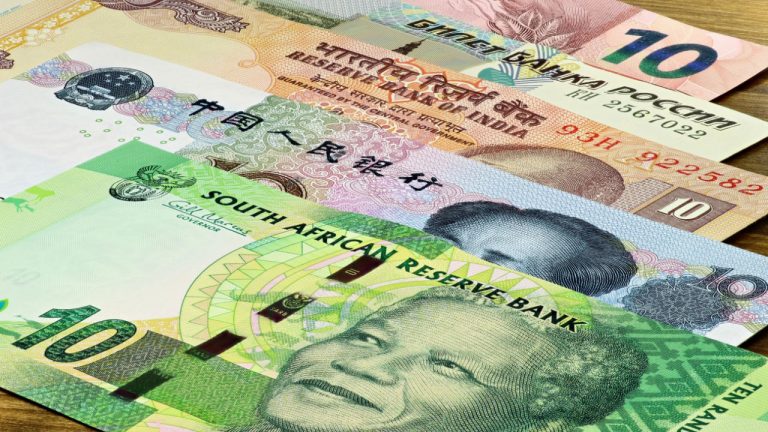
Countries in the BRICS bloc intend to encourage the use of local currencies in cross-border trade, their foreign ministers revealed. The top diplomats, who met in South Africa, also emphasized the importance of financial inclusion, welcoming new technologies that support it.
BRICS to Stimulate Trade Transactions in Local Currencies
The BRICS group of the largest emerging economies (Brazil, Russia, India, China, and South Africa), will encourage the use of local currencies in international trade. The plan was announced during the meeting of their foreign ministers in Cape Town, Russian news agencies Tass and RIA Novosti reported.
The first diplomats of the nations in the union met in South Africa’s oldest city on June 1 – 2. The hosting country took over the BRICS chairmanship from China earlier this year. In a joint statement published by its foreign ministry, the Department of International Relations and Cooperation, they stated:
Ministers underscored the importance of encouraging the use of local currencies in international trade and financial transactions between BRICS as well as their trading partners.
The representatives also put an emphasis on financial inclusion that will allow citizens to “reap the benefits of economic growth and prosperity.” They welcomed the “many new technological instruments for financial inclusion, developed in BRICS countries,” insisting these can help ensure people’s participation in the formal economy.
A number of other countries have so far expressed intentions to join the association, including Argentina, Iran, Indonesia, Turkey, and Egypt. According to a recent report, Saudi Arabia is holding membership talks as well.
The heads of state of BRICS nations plan to meet in Johannesburg, on Aug. 22 – 24. According to Russian Deputy Prime Minister Alexey Overchuk, the creation of an international reserve currency based on the currencies of the BRICS states, is likely to be on the summit’s agenda.
In interview earlier this year, South Africa’s ambassador to the group, Anil Sooklal, highlighted efforts to deepen economic and financial ties between the BRICS members, with the aim of creating a common currency. However, he noted that the bloc is currently focused on expanding the use of their national currencies.
Do you think the BRICS currencies and other local currencies will see greater use in international settlements in the coming years? Share your expectations in the comments section below.
Comments
Post a Comment